New study on the debated longevity drug NMN (NAD+ booster)
Among various anti-aging health products, nicotinamide mononucleotide (NMN) has been gaining attention as a promising anti-aging product (1). NMN is currently being sold as a food product, however, the US Food and Drug Administration recently decided to prohibit its sale as a supplement due to its potential as a drug (2).
More research is needed to understand the true benefits of NMN, which may allow us to perhaps slow down age-related processes and help us live healthier lives for longer (3).
Many preclinical studies of NMN have been reported. In animal models NMN improves health span and lifespan (1). NMN is a precursor to nicotinamide adenine dinucleotide (NAD+) in the body. NAD+ levels in the body decrease with aging and are associated with downregulation of energy production in mitochondria, oxidative stress, DNA damage, cognitive impairment, and inflammatory conditions. Having NAD+ decrease is bad but a natural part of aging. However, NMN, as the precursor of NAD+, can slow down this process by increasing NAD+ levels in the body. NMN can be increased in different ways such as through diet and by taking NMN supplements (1).
We wanted to share the results of a recent study on the efficacy and safety of NMN in 80 healthy volunteers (4). The study was randomized, double-blind and placebo-controlled, which provides the most compelling medical evidence. The participants were randomly assigned (randomized) for a 60-day clinical trial with once-daily oral dosing of a placebo, 300 mg, 600 mg, or 900 mg NMN. Neither the participant, nor the physician knew if they received placebo or NMN (double blind).
The primary objective of the study was to evaluate blood NAD concentration with dose-dependent regimens. The secondary objectives were to assess the safety and tolerability of NMN supplementation, and to evaluate the clinical efficacy by measuring physical performance (six-minute walking test), blood biological age (Aging.Ai 3.0 calculator), Homeostatic Model Assessment for Insulin Resistance (HOMA-IR), and subjective general health assessment.
Blood NAD concentrations were statistically significantly increased among all NMN-treated groups at day 30 and day 60, when compared to both placebo and baseline. Blood NAD concentrations were highest in the groups taking 600 mg and 900 mg NMN. No safety issues were found, based on monitoring adverse events, laboratory, and clinical measures. NMN supplementation was well tolerated.
Even though there are some limitations of the study, such as small sample size (80 participants) and short study period (60 days), it showed that blood NAD concentration was increased during the NMN treatment. The oral administration of NMN was safe and well tolerated. Overall, NMN had a positive impact on the physical endurance and general health of the participants. The present study is registered at clinicaltrials.gov database (NCT04823260), however, that does not mean it is approved by drug regulations such as the FDA.
More studies are needed to rigorously establish therapeutic and dose ranges of NMN and validate these preliminary results. The controversy over the FDA’s decision to ban NMN from being marketed as a dietary supplement because of its pharmaceutical potential was initiated by the pharmaceutical industry (2). More clinical trials are expected to take place in this area soon.
References
1. Nadeeshani H, Li J, Ying T, Zhang B, Lu J. Nicotinamide mononucleotide (NMN) as an anti-aging health product – Promises and safety concerns. J Adv Res. 2022 Mar 1;37:267–78.
2. FDA Halts NMN Supplement Approval, Citing Pharmaceutical Potential [Internet]. [cited 2023 Jan 3]. Available from: https://www.nmn.com/news/fda-bans-labeling-nmn-as-a-supplement
3. Recent research into nicotinamide mononucleotide and ageing. [cited 2022 Dec 15]; Available from: https://www.nature.com/articles/d42473-022-00002-7
4. Yi L, Maier AB, Tao R, Lin Z, Vaidya A, Pendse S, et al. The efficacy and safety of β-nicotinamide mononucleotide (NMN) supplementation in healthy middle-aged adults: a randomized, multicenter, double-blind, placebo-controlled, parallel-group, dose-dependent clinical trial. GeroScience [Internet]. 2022 Dec 8 [cited 2022 Dec 13]; Available from: https://doi.org/10.1007/s11357-022-00705-1



